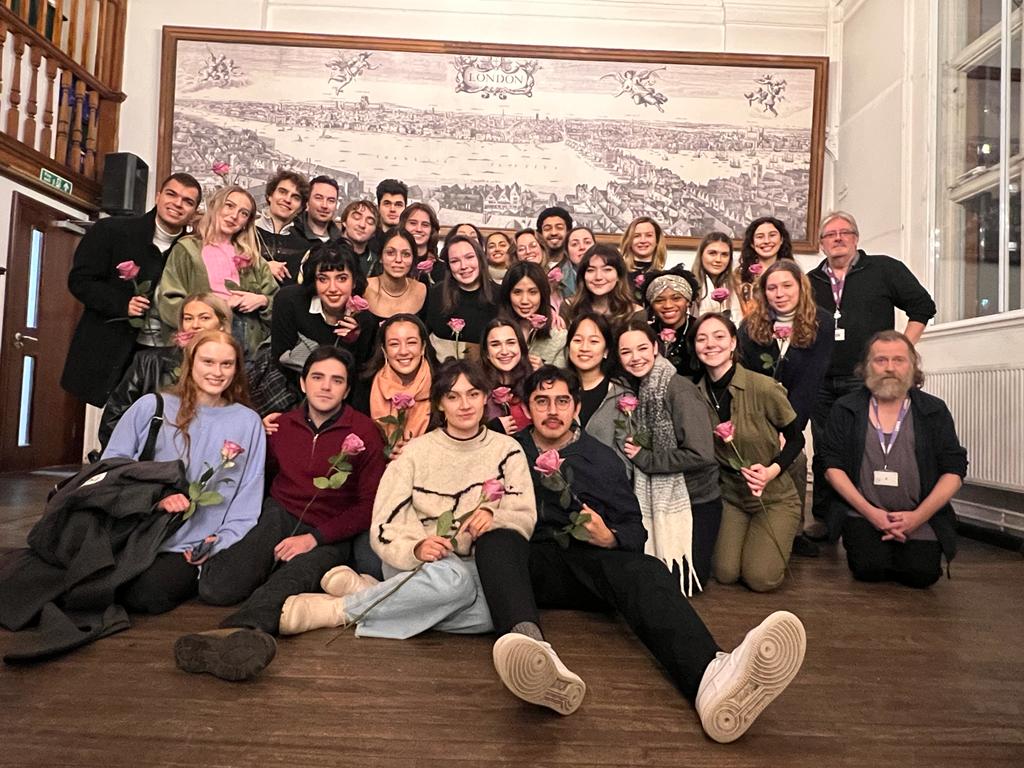
Collaborating in Drama School
Studying at the London Academy of Music and Dramatic Art for my fall semester, I have been in an environment of collaboration and teamwork. My program is a conservatory-style theater intensive that focuses intently on training young artists to refine their artistry and build collaborative skills and relationships with other young artists. Teamwork in this program has been paramount and essential to the growth of every artist. Therefore, comparing America to the United Kingdom in terms of collaboration, what I have experienced in London has been by far one of the most collaborative workspaces of my life.
In the United States of America, when engaging in teamwork, individuality is placed as the prime element. However, in the United Kingdom, while there are still aspects of individuality, teamwork and collaboration take precedence. For example, while working on my final production at the London Academy of Music and Dramatic Art, William Shakespeare’s “A Midsummer Night’s Dream”, my director implemented a collaborative structure within our five-week rehearsal period. Before we even begin rehearsing, we would start by singing together as a group, and each finds ways to either begin a new song, sing solos or find out how we could as a group create music. After moving from our singing, we immediately would start looking into how we each could, for instance, create a magical forest on stage. Splitting off into four groups, we would try every idea, no matter what we thought, and present it to the larger group. After showing our ideas, we would each express our opinions and input on what we believed worked or needed to be revised.
Going through this process countless times throughout the rehearsal process was both beneficial and arduous. Coming together and building communal relationships as we experimented together was heartwarming and strengthened our openness and creativity. Having each person share their ideas helped us discover creative ways of staging the show and creating Shakespeare’s forest, however, with so many ideas, it could become overwhelming and stressful. To illustrate, I remember during one feedback session, almost three or four people were trying to express their ideas. It became virtually impossible for everyone to convey their insights because of the number of voices. It almost felt as if no one was listening to anyone. However, we remedied this by allowing only one person to speak at a time to give each person undivided attention. Constructing new ways of devising theater, communicating, and much more was instrumental in us producing an exemplary production.
Going through such a unique experience while abroad was invaluable to my growth as an artist, team member, and collaborative skills. Coming to London and having an emphasis placed on teamwork and collaboration more than my previous experience in the United States of America helped me expand upon my role in the group and better serve the project.
